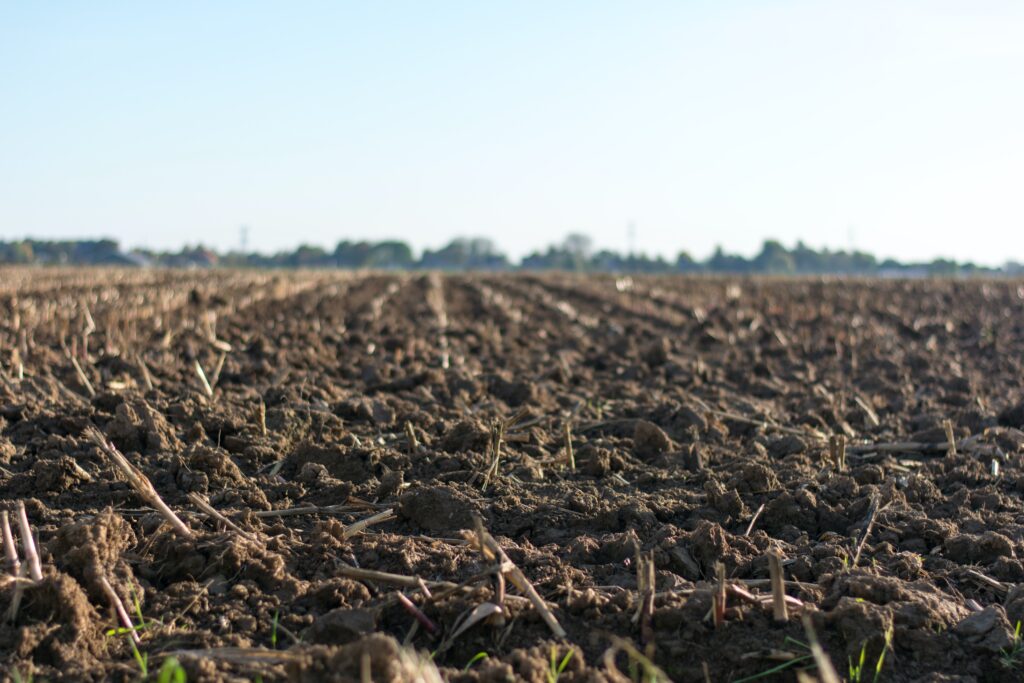After a year of working from home, chances are your space is starting to feel a bit smaller and you are looking to purchase some property. Buying land is very different from buying a house, so here are some important tips and tricks to consider.
Determine the Perfect Property for You
There are hundreds of possibilities with property ownership, so it may be helpful to ask yourself a few questions in order to figure out how your land could best serve you.
- How much time and money do you want to invest in developing your land? There is a wide range of land types you can choose from – anything from a vacant lot to a fully operating farm. Depending on your schedule and budget, you may want to choose a property that is more ready that is already established. However, if you want to take on a project, there are infinite possibilities for undeveloped land.
- How many acres do you want? Having a large acreage will require you to think about land maintenance, which could add to the future expenses of your property. You don’t need a 100-acre plot to start a vegetable farm. Perhaps, having a smaller plot of land is more suitable for you.
- What purpose will your property serve? Some common uses include hunting or fishing, farming or ranching, and building a home on a vacant lot. If you would like hunting and fishing, you should check to see that wildlife is readily available on your property. For farming or ranching, make sure that the soil on the property is suitable for vegetation and the property is located within the appropriate hardiness zone for the crops you want to grow. Finally, If you are interested in buying land to build a home from scratch, it will be important to check that the property has access to utilities. Ensuring that your land is connected to the local water supply and power grid is essential for future homeowners.
- Where do you want your property to be? If you like more remote areas, there is a possibility that access to public roads may be difficult. However, chances are that the land will be cheaper than living in a city. If convenience is more important to you, it may be harder to find larger plots of land available for purchase and you may face more competition with property developers.

Finding out the answers to these questions will enable you to begin looking for a property without the process being too overwhelming.
Find Your Perfect Property
Now that you have determined all of the criteria for your property, it’s time to begin the search. You can start by looking for land online, but websites such as Zillow will allow you to look at thousands of properties at once. If browsing all these listings on a screen seems too overwhelming, you may prefer to work with a real estate agent that specializes in rural property and land sales.
Terrascope combines the personalized experience of a real estate agent and the vast options offered on the internet. Like having a personal real estate agent in your pocket, Terrascope learns what kind of property you like by listening to your feedback and then recommends better and better properties. Terrascope can help you find your next rural home quickly and easily, all from the comfort of your couch.
Do Your Research
Once you’ve picked a few properties that you are interested in, it is once again time to do your research. What is the crime rate in your area? If you have children, you may also want to look into the school districts in your area. Finally, it is essential to look at zoning regulations in your county by calling or visiting the local zoning and planning office. Zoning regulations dictate the ways in which you can develop your land by setting limits on things such as building heights, building size, and the types of activities you can have on your land.

Closing the Transaction
With your eyes set on your dream property, it is time to make an offer (and be ready to negotiate). After you’ve made your offer, an inspector will conduct a review of the property to make sure the property’s infrastructure and overall condition is up to par. Having an inspection can help you identify any problems with your property that may lead to costly repairs in the future. Depending on the results of your inspection, you can also prepare for renegotiation with the seller. Finally, when your offer is accepted, you will enter into escrow. This step requires lots of document signing and money transfers, but once your purchase agreement is signed you are good to go! Congrats on your first property ownership.




